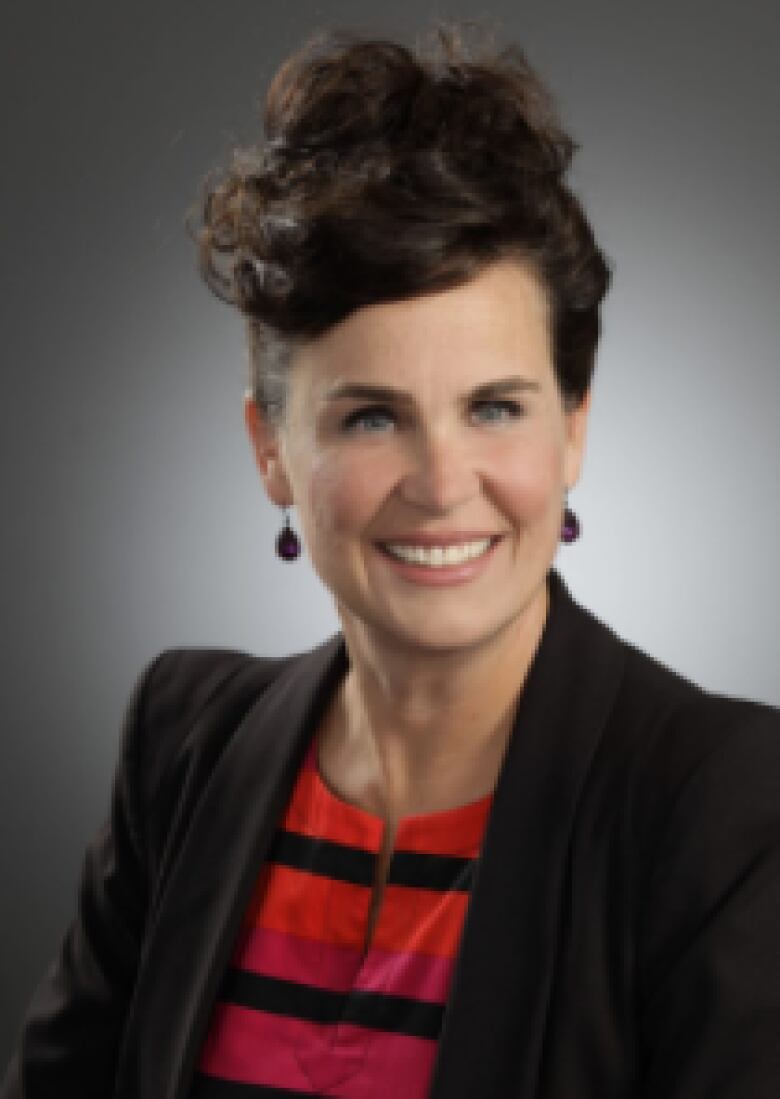Dropping math scores a 'really big concern' says Rainbow Board
Provincial results from EQAO test show only half of grade six students met provincial standard

Educators in Ontario are starting to rethink the way math is being taught in schools, as recent results from the Education Quality and Accountability Office (EQAO) test show that fewer students are meeting provincial standards for math.
A report on the 2016-2017 test shows that only 50 per cent of students in Grade 6 met the provincial standard for math, for the second year in a row. More students in Grade 3 and Grade 9 also failed to meet the standard, compared to the previous year.
Krishnan Venkatraman, the director of Kumon of Greater Sudbury, says children coming into the math and reading centre for help lack basic mathematical skills.

"The nuts and bolts of all math is addition, subtraction, multiplication and division, and everything moving forward is an adaptation of those four functions," he says.
"You have to be able to do those four operations quickly, in order to be able to do math."
But Venkatraman says students aren't able to quickly or accurately complete basic calculations, and that can make more advanced math like fractions and order of operations more difficult.
"It's a really big concern, because we know that students who are struggling earlier are going to continue that struggle throughout their high school career," says Judy Noble, a superintendent with the Rainbow District School Board in Sudbury, Ont.
Balance needed between new and traditionalstyles of teaching
Noble says post-secondary institutions and the Ministry of Education have put an emphasis on creating "mathematical thinkers," prompting changes to the curriculum.

"We've been changing to a type of instruction where students are more at the centre of their learning more inquiry-based, more open, problem-solving, collaborative mathematical learning," she says.
While this type of learning gives teachers insight into how students learn and absorb ideas, Noble says they might have swung too far in that direction. She says the school board would like to move toward a more balanced approach to teaching math, that includes direct instruction and rote learning.
"If students don't have their foundational math facts at their fingertips, then perhaps there's going to be too much of a cognitive load as the students are wrestling with thinking, and not knowing their mathematical facts at the same time," she says.
Venkatraman would also like to see schools return to traditional methods of teaching, so that students can master those basic math skills.
"Children are being taught how math actually operates, and while that's beautiful in itself, in order to be able to tell time you don't need to know how a watch isconstructed."
Listen to the interview with Krishnan Venkatraman on CBC's Morning North












_(720p).jpg)


 OFFICIAL HD MUSIC VIDEO.jpg)
.jpg)



























































































